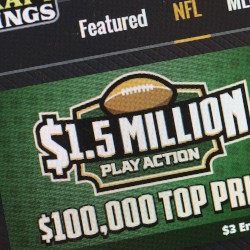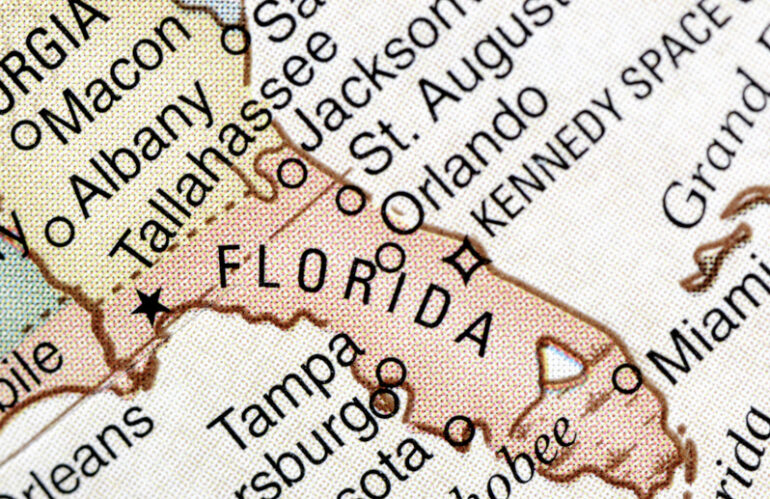As the state prepares for the return of sports betting, lawmakers proposed several Florida daily fantasy sports bills. They aim to create a framework for the state’s gaming commission to regulate daily fantasy sports operations. Also, DFS operations have been in the legal gray area for years.
With the rise of daily fantasy sports (DFS) games that mimic player-prop parlays, the line between the two sectors is becoming more and more blurry. Florida is one of a few states that have outlawed or severely limited pick’em games in the last year.
Licensing requirements for DFS operators would be laid down in the law. It would also give the Florida Gaming Control Commission the authority to set and enforce regulations for the fantasy sports sector.
Legalizing daily fantasy sports (DFS) is the goal of a measure introduced by Representative Jason Shoaf in December. According to sportsbook pay per head experts, it includes the contentious pick’em games where players compete against the house.
Proposed Florida Daily Fantasy Sports Bills
 Betr, PrizePicks, and Underdog Fantasy are fantasy operators who provide games like player vs. house pick’em to Floridians. According to sports betting software reports, the FGCC has previously given cease-and-desist letters to these companies. The entry fees for those games were deemed “illegal bets” according to those rulings. Neither of those businesses will comment on this piece. Despite the regulatory reprimand, both still provide pick’em DFS in Florida.
Betr, PrizePicks, and Underdog Fantasy are fantasy operators who provide games like player vs. house pick’em to Floridians. According to sports betting software reports, the FGCC has previously given cease-and-desist letters to these companies. The entry fees for those games were deemed “illegal bets” according to those rulings. Neither of those businesses will comment on this piece. Despite the regulatory reprimand, both still provide pick’em DFS in Florida.
Underdog has lately expanded its peer-to-peer gaming offerings to several states in response to the increasing number of jurisdictions cracking down on pick’em. DraftKings followed suit shortly after releasing their own peer-to-peer pick’em game.
That aims to clarify the issue of talent vs. chance, but the landscape of fantasy sports in Florida is as hazy as the state’s wetlands. Lawmakers have attempted to tackle this issue before.
Definitive regulations for the fantasy sector are scarce, except for an opinion from the Attorney General from 1991, which predates daily fantasy sports applications. While DFS applications have persisted in serving Floridians, efforts to standardize the market have failed. Following their cease-and-desist orders, the FGCC revised its frequently asked questions website to state that all types of fiction are probably unlawful.
The FGCC considers the Seminole Tribe’s monopoly on internet sports betting to encompass online fantasy sports. The FGCC would be directed to alter that perspective and acquire the authority to enforce regulations against player vs. house DFS if Hutson’s bill were to become law.

